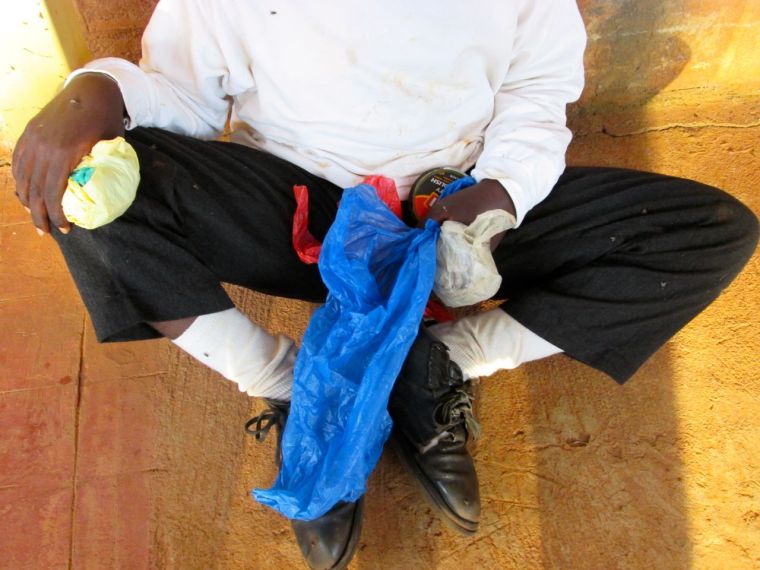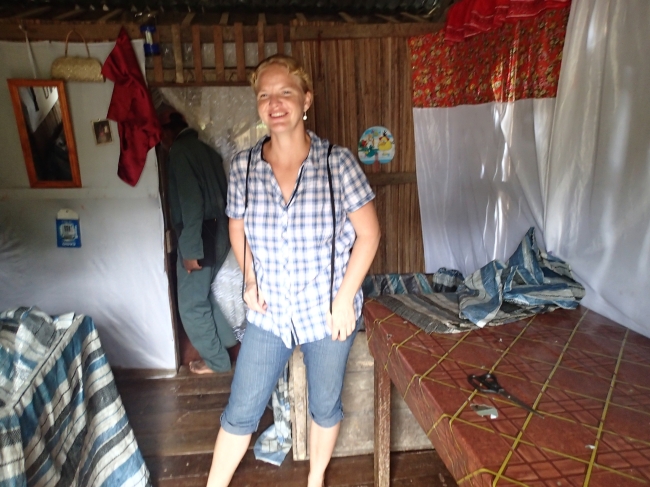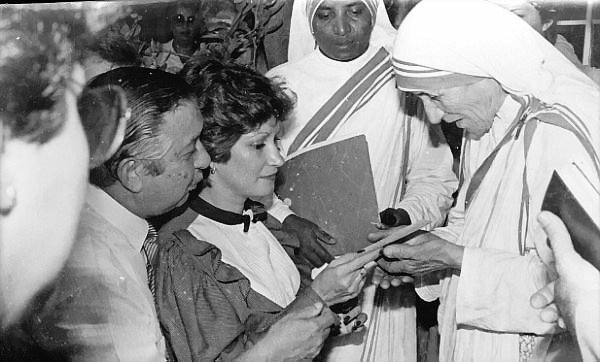During my 3 years humanitarian assignment in Colombia I strongly aim to to take care not only of the outcome but also on the impact of my work and living there to avoid as much as possible negative consequences.

Outcomes are the more immediate and tangible results of program activities that can be observed, monitored, measured, and evaluated in the short to mid term of a project and can be intended or unintended.
Measuring outcomes helps a project answer the following questions:
• Has there been a tangible change in the behavior or attitudes of project participants?
• What skills or knowledge have participants acquired that they did not have before?
• Are they better able to perform their jobs? Has the ability of the partner agency to deliver public services improved or not?
• Have targeted institutions adopted better practices or function more efficiently?
“Impact” often refers to the high level effects that are attributable to a program in the medium or long term. Impact indicators seek to demonstrate how the project has affected the big picture issues, problems, or challenges that the intervention was designed to ameliorate.
According to the DOS Glossary of Evaluation Terms, an impact evaluation is a systematic study of changes that can be attributed to a particular intervention, such as a project, program or policy; and typically involve the collection of baseline data for both an intervention group and a comparison or control group, as well as a second round of data collection after the intervention, sometimes years later. In other words, impact evaluations look at the difference a project has or has not made by researching what happens in the context using a ‘with the project’ versus a ‘without the project’ analysis.
Impact evaluations seek to answer these types of questions:
• What has happened as a result of the project or program?
• Did the project improve the situation, make it worse, or have no impact at all?
• What high level changes in the context can be attributed to the project?
• What real difference has the project made to the people served by counterpart institutions?
• How many people have been affected by these changes?
• Did it affect their daily lives? And if so, were these impacts positive or negative?












 A Colombian soldier stands guard next to the bodies of members of Colombian National Liberation Army (ELN) guerrilla killed in Tame Arauca department on November 24, 2013. Colombian soldiers killed 10 rebels from the country’s second-biggest guerrilla group, the (ELN), during clashes, Army Chief General Leonardo Barrero said. Pix by AFP PHOTO
A Colombian soldier stands guard next to the bodies of members of Colombian National Liberation Army (ELN) guerrilla killed in Tame Arauca department on November 24, 2013. Colombian soldiers killed 10 rebels from the country’s second-biggest guerrilla group, the (ELN), during clashes, Army Chief General Leonardo Barrero said. Pix by AFP PHOTO


